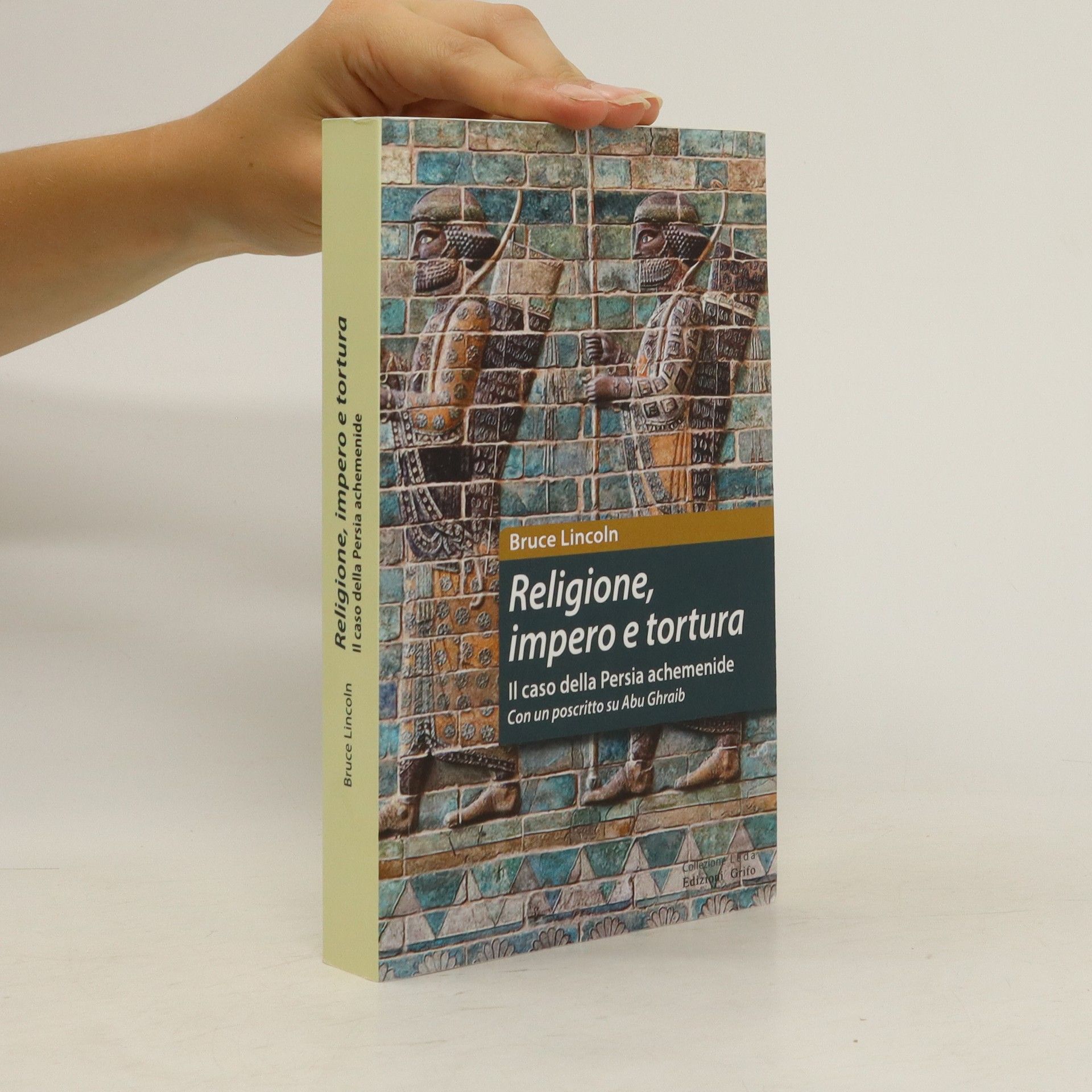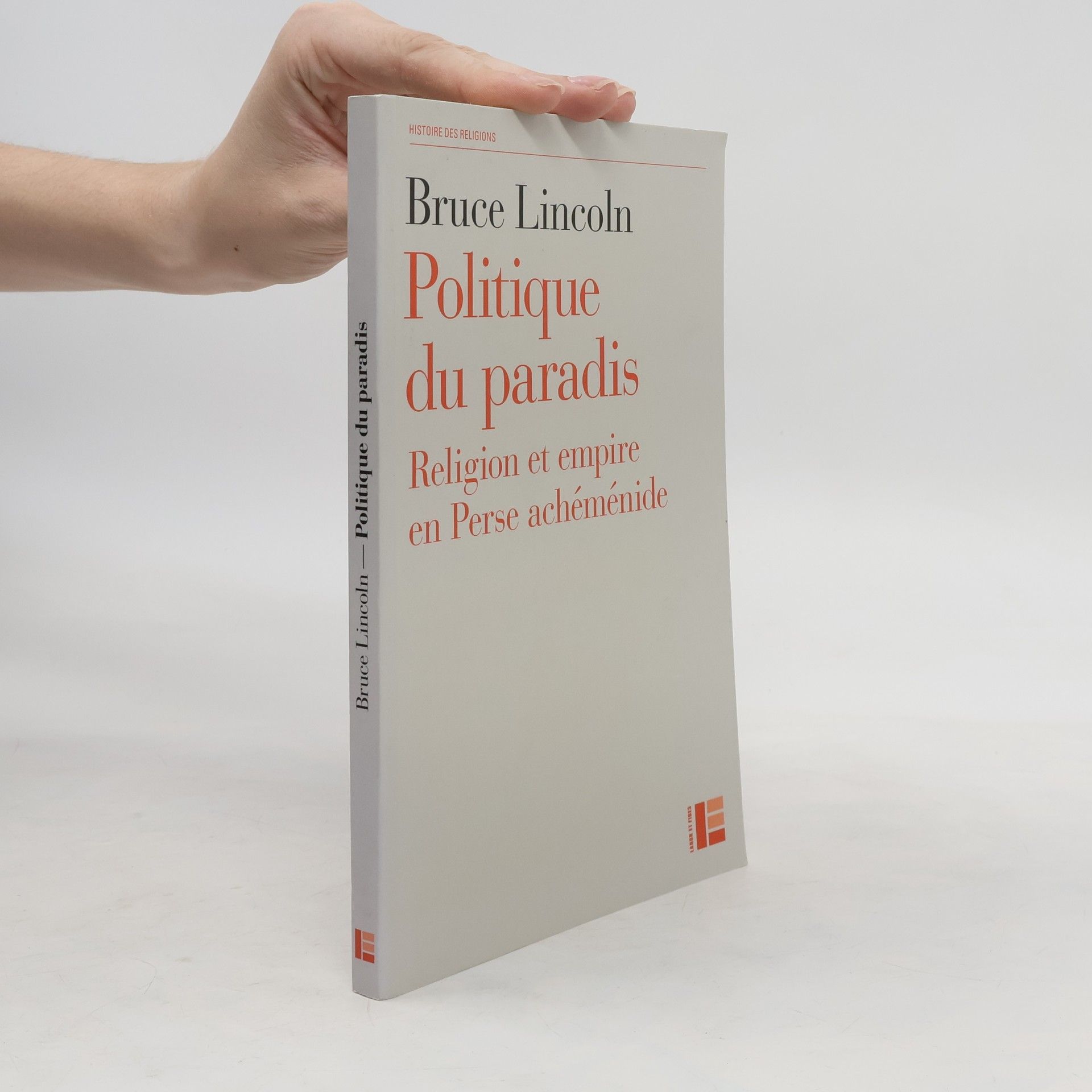In May 1991, having received threats that terrified him, rising academic star Ioan Culianu entrusted a colleague with a mysterious set of papers. A week later, Culianu was murdered. What was in those mysterious papers? And what connection might they have to Culianu's death? The papers eventually passed into the hands of Bruce Lincoln, and their story is at the heart of this book.
Bruce Lincoln Book order (chronological)




Dans ce livre qui reprend ses leçons prononcées au Collège de France, Bruce Lincoln propose d'analyser les rapports entre empire, religion et politique, à partir de l'exemple de la Perse achéménide. Il nous invite à un passionnant parcours qui va des historiens grecs aux inscriptions monumentales de Darius via la Bible et les traités de mythologie zoroastriens. La confrontation de ces sources révèle l'importance cruciale dans l'imaginaire impérial achéménide de l'institution du paradis, jardin clos au sein duquel sont réunis toutes sortes de plantes et d'animaux, mais qui est surtout une image microcosmique de la perfection originelle créée par le grand dieu Ahura Mazd(...). Lincoln montre ainsi que loin de n'être qu'un lieu de plaisance et d'insouciance, le paradis perse fonctionne comme le modèle idéologique de l'empire, dont la finalité est de rassembler sous sa domination la totalité des espèces vivantes, végétales et animales, l'humanité comprise. Réunissant des sources insuffisamment lues de concert, Bruce Lincoln montre de manière magistrale ce que doit être une histoire des religions critique et comparative.
One of the world's leading specialists in Indo-European religion and society, Bruce Lincoln expresses his doubts about the existence of a prototypical Indo-European religion in these essays, written over fifteen years. The collection, with six previously unpublished essays, is divided into three parts. Part I explores haunting images of the Otherworld across cultures, presenting data that, while later rejected by Lincoln, remains valuable for the topics discussed. In Part II, Lincoln shifts focus from dying to killing, examining data from a single culture area. Notably, he connects sacrifice to physiology, revealing how ancient discourses linked the cosmos, human body, and society in an ideologically charged manner. Part III presents Lincoln's most controversial arguments against a hypothetical Indo-European protoculture, critiquing Georges Dumézil's work as influenced by political concerns associated with French fascism. This collection serves as an invaluable resource for students of myth, ritual, ancient societies, anthropology, and the history of religions. Bruce Lincoln is a professor of humanities and religious studies at the University of Minnesota.